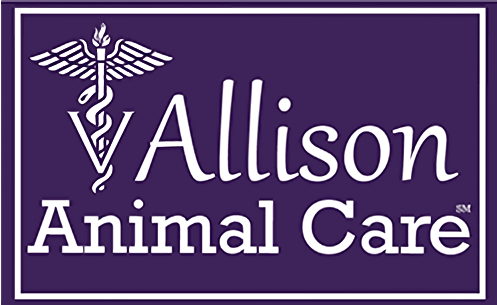Library
-
Cockatiels make excellent first birds for families. Larger than budgies and smaller than larger parrots, these entertaining birds are easy to maintain and provide endless hours of entertainment and companionship. They are beautiful flyers and enjoy lots of activity and play. Cockatiels love to chew, so providing bird-safe toys will distract them from unwanted destructive chewing. They may be adopted from shelters or purchased from a pet store or a reputable breeder. They require annual, routine veterinary health check-ups to help prevent disease and help maintain a long-lasting, healthy relationship between you and your bird.
-
Cockatoos are a suitable family pet for families with adult children. Their jumpy nature and strong bite make them inappropriate for families with young children. These birds are high maintenance both physically and emotionally, as they demand a lot of attention and a great deal of time outside their cages. Without adequate attention, cockatoos sometimes become excessively boisterous and are potentially destructive. Cockatoos need to chew, so provide a continuous supply of non-toxic wood or cardboard bird-safe toys. Cockatoos may be adopted from shelters or purchased from pet stores or reputable breeders. They require annual, routine veterinary health check-ups to help prevent disease.
-
Choosing the right collar or harness for a dog requires understanding how each device works and what is best for the dog and the owner. Correct selection, fit, and use are crucial for any training tool's success.
-
Pet birds often become ill when they are not cared for or fed appropriately. Birds can develop infections with bacteria (e.g., Chlamydia psittaci) and parasites (e.g., Giardia). They also commonly suffer from reproductive problems (e.g., egg binding and tumors) and feather-picking. Birds on all-seed, high-fat diets may become obese and develop fatty liver syndrome. Older birds may develop cloacal papillomas or cancer. Your veterinarian familiar with birds will formulate an appropriate diagnostic and treatment plan if your pet bird becomes ill.
-
Constipation is infrequent or difficult passage of stool or feces and is typically a temporary condition. Though there are many causes of constipation in dogs, most cases are caused by ingestion of irritating or indigestible substances. Constipation is usually diagnosed through a physical examination and medical history. A rectal exam to rule out rectal strictures, tumors, foreign bodies, or other abnormalities may be done. Abdominal radiographs, blood tests, and urinalysis are valuable for a full diagnosis and development of a treatment plan. Biopsies may also be recommended if a rectal mass or stricture is suspected. Most cases of constipation are relatively easy to treat through the use of manual removal, enemas, and medications. The prognosis for constipation is determined by the exact cause.
-
Conures are considered small- to medium-sized birds and are characterized by long slender bodies, long tapered tails, and large beaks. Tame conures can be very affectionate, social birds that demand a moderate amount of daily attention. Like all other pet birds, annual veterinary health check-ups are highly recommended.
-
Ulcerative keratitis is inflammation in the cornea of the eye. The signs of ulcerative keratitis depend somewhat on the cause and how long the condition has been present. There are many potential causes of ulcerative keratitis, including trauma, infection, and abnormal tear production. Antibiotic ointment or drops will be prescribed and it is important to prevent additional trauma to the cornea. Superficial corneal ulcers typically heal within 5 to 7 days. Deeper or more complicated ulcers may take several weeks to heal and may require surgery in addition to medical treatment.
-
There are many ways we can change our dog's home environment to help them more easily move around and avoid injuries. This handout reviews some key points to improve your dog's comfort at home and on car trips.
-
Hospitals providing curbside care have restructured their practice to avoid the need for clients to enter the lobby and exam rooms. This measure was designed to promote physical (social) distancing during the COVID-19 pandemic; however, it may be used in other situations. This handout discusses the benefits and best practices of curbside care.
-
Cat food labels can be confusing. These labels are an important way that pet food manufacturers communicate nutritional information to consumers. It is important to understand some of the rules regulating cat food labels to better interpret the information they contain.

